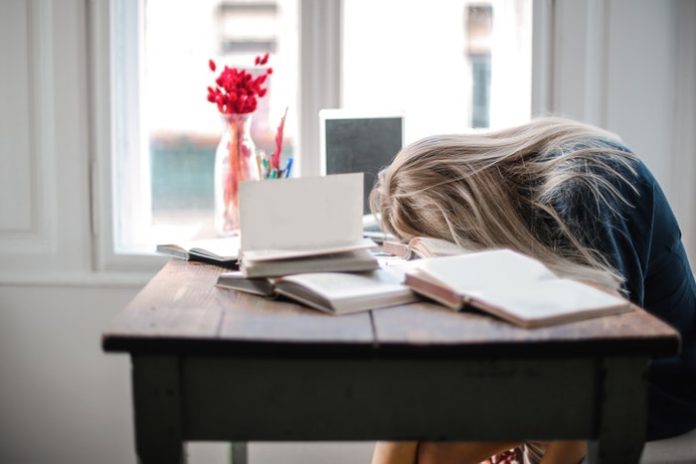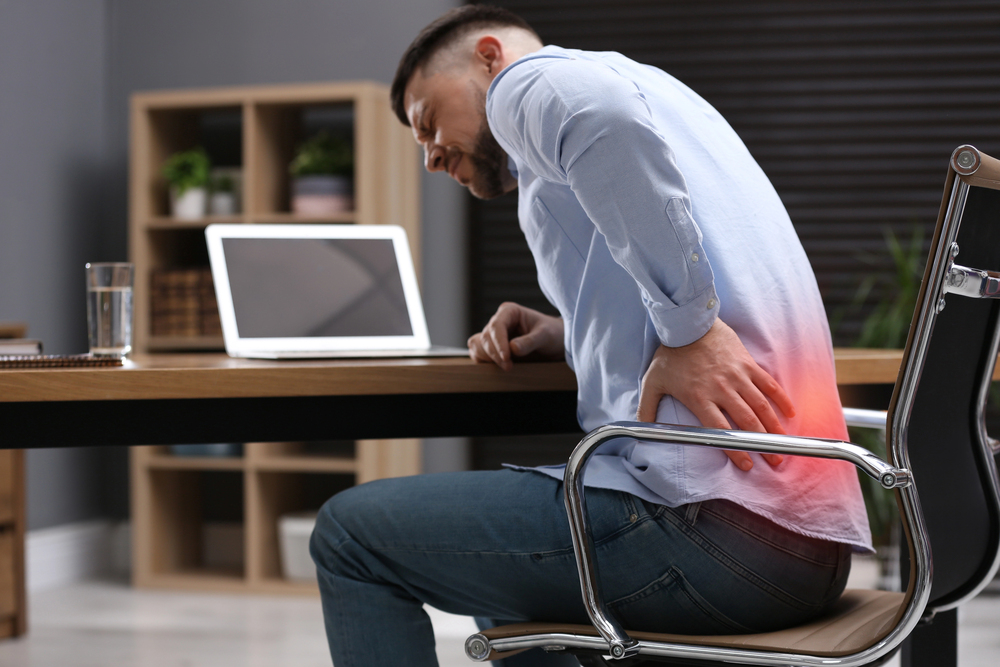What will ‘normal’ be like once the pandemic is over? Will we return to former workspaces albeit distanced? Will half our co-workers be in remote locations? Will masks be used during meetings? COVID-19 did a number on both our health and familiar ways of living. As a researcher in the fields of brain and mental wellness, I examine the effects of sleep deprivation. I couldn’t help but pay attention to the ways in which the pandemic exacerbated this already prevalent issue. Lack of sleep and physical relaxation is a key focus in my practice and a main reason I created the BrainTap app.
Without a solid night’s sleep we look to crutches to keep us going but these crutches often worsen the immediate problems and incite others. How often do we need four cups of coffee to get through the day? Crave sugary snacks? Snap at friends and family? Restless, easily triggered feelings can be caused by lack of sleep. We go to bed late, have difficulty relaxing, and pack more activities into each day. Our bodies and nervous systems break down, creating an unhealthy cycle of health issues and unhealthy behaviors, which I’m eager to help people learn to change.
One might assume working from home would encourage better sleep, but in reality, it skewed many further off-track. Uncertainty about the economy, mortgage payments, and homeschooling all created restless nights. How many of us log onto Instagram or Twitter as a tool to fall asleep? Between the light being emitted interrupting our circadian rhythm and the influx of information we take in through a casual scroll, our brains awaken further than they already were.
For sleep to be effective, we require a consistent number of hours and optimally, the same sleep times. During the pandemic, daily routines were skewed, bedtime became inconsistent, and quality sleep was greatly affected. Consistency is critical. Our brains love patterns. Research shows your sleep pattern should be adhered to even on weekends, as even one day off schedule affects your next few nights. If you’ve been off-schedule because of COVID-19, this is the perfect time to get healthier.
In order to perform well during Zoom calls or returning to your socially-distanced office, we need rest. These suggestions will get you back on track to healthy sleep, leading to healthier eating and stable moods.
- Consider an alternate location for your cell phone charging station. Your phone is constantly searching for signals and emits a burst of energy that wakes up the brain.
- Emotionally-charged television programs can be an obstacle to relaxation. Nightly news or a scary movie can invigorate your brain and emotions. Viewing these images will trigger the stress-hormone cortisol and activate the body’s fight-or-flight response, a state in which restorative sleep is nearly impossible to achieve.
- Curb eating to 2-4 hours before bedtime. Your body can’t enter deep levels of sleep if it’s busy digesting food.
- Curb alcohol before bedtime. Even one beer or a glass of wine will affect your brain and digestion for 4-6 hours, causing you to have inefficient sleep.
- Complete analytical activities earlier in the day. Balancing your checkbook or doing your taxes tends to spike a stress response, causing you to use more brain power.
- Dim your lights. Give your brain the environment or time to change gears and prepare for sleep at least two hours before sleep.
An additional suggestion of mine is to take a warm bath or listen to relaxing music before bed. Try falling asleep while thinking of things you’re grateful for. Based on our research at BrainTap, we’ve designed specific sessions to trigger deep sleep that our users listen to at bedtime and encourage a peaceful state of mind when waking.
The last few months have involved both a health pandemic and political unrest. These issues have been difficult for all and a source of stress and anxiety for many. Adjusting and bettering our sleep schedules and implementing relaxation techniques are both ways we can improve our health and focus for the days ahead. Sleep is our superpower. If you get it, you feel you can take on anything during the day. If you don’t, it’s like someone put kryptonite in your pocket.
Find a Home-Based Business to Start-Up >>> Hundreds of Business Listings.

















































